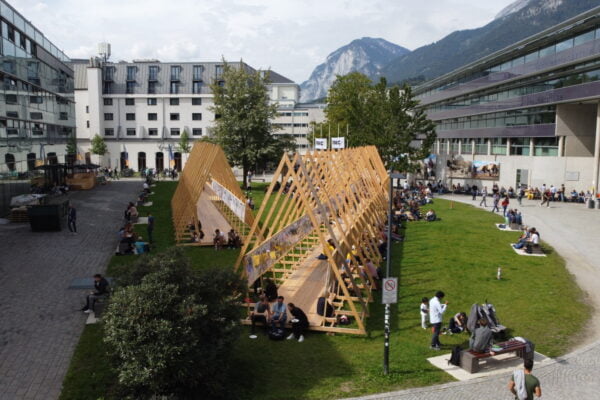
NAME:
SOWI - Garden
BUILDING:
SOWI
FLOOR:
0
TYPE:
Garden
CAPACITY:
2000
ACCESS:
Public Access
EQUIPMENT:
---
Freeriding, which involves skiing outside designated ski areas, is gaining popularity worldwide. Previous research on freeriding has primarily focused on motivational factors and risk management. However, little attention has been given to the human-mountain relationship. This study examines how mountain slopes were skied, locally named, and widely recognized from a human geographical perspective, using the case of Hakuba, Japan. We employed a mixed-methods approach, combining both qualitative and quantitative methods. The qualitative approach applied historical geography methods, using semi-structured interviews with key individuals to illustrate how freeriding has been practiced and how the slopes have been named. The quantitative approach involved a web questionnaire survey conducted in 2024 (N=188) to assess general backcountry skiers’ recognition and usage of the slopes.
Until around the 1990s, freeriding was mostly limited to broad ridges leading to mountain summits, following hiking trails in spring. However, after the 1990s, freeriding areas shifted towards steep north-facing slopes and valley bottoms, where human activity had been absent for years. In the early stages of this shift, a pioneering skier—now President of the Hakuba Mountain Guide Association—began naming the slopes he skied. As a result, 27 slopes on the north- and east-facing aspects were given distinct names. Over time, these names gradually became widely recognized among local skiers. When Freeride World Tour competitions were held in Hakuba in 2017, the tourism office officially adopted these names to designate the slopes. The questionnaire survey revealed that recognition and usage rates varied by slope, with steeper slopes tending to have lower recognition and usage rates than others.
This study illustrates how the practice of skiing mediates the relationship between people and mountain landscapes, transforming previously unused natural spaces on mountain slopes into cultural places.

We and use cookies and other tracking technologies to improve your experience on our website. We may store and/or access information on a device and process personal data, such as your IP address and browsing data, for personalised advertising and content, advertising and content measurement, audience research and services development. Additionally, we may utilize precise geolocation data and identification through device scanning.
Please note that your consent will be valid across all our subdomains. You can change or withdraw your consent at any time by clicking the “Consent Preferences” button at the bottom of your screen. We respect your choices and are committed to providing you with a transparent and secure browsing experience.